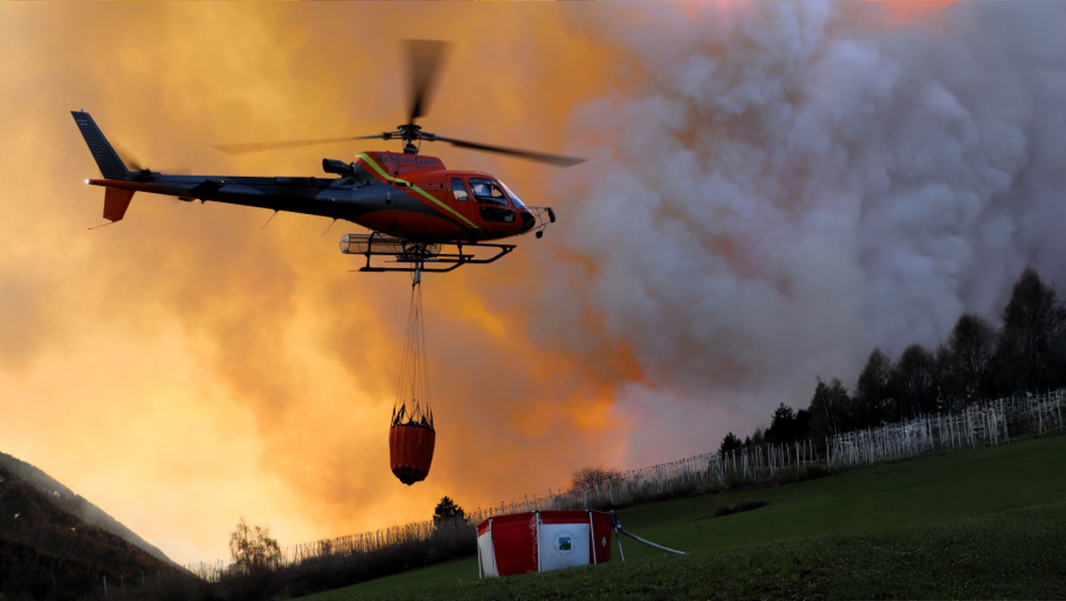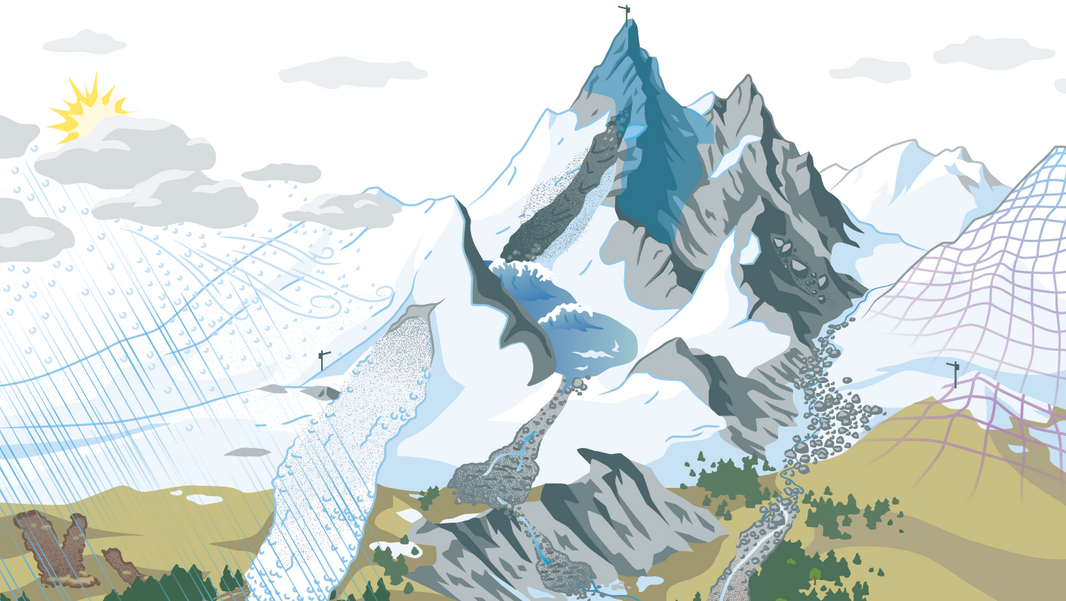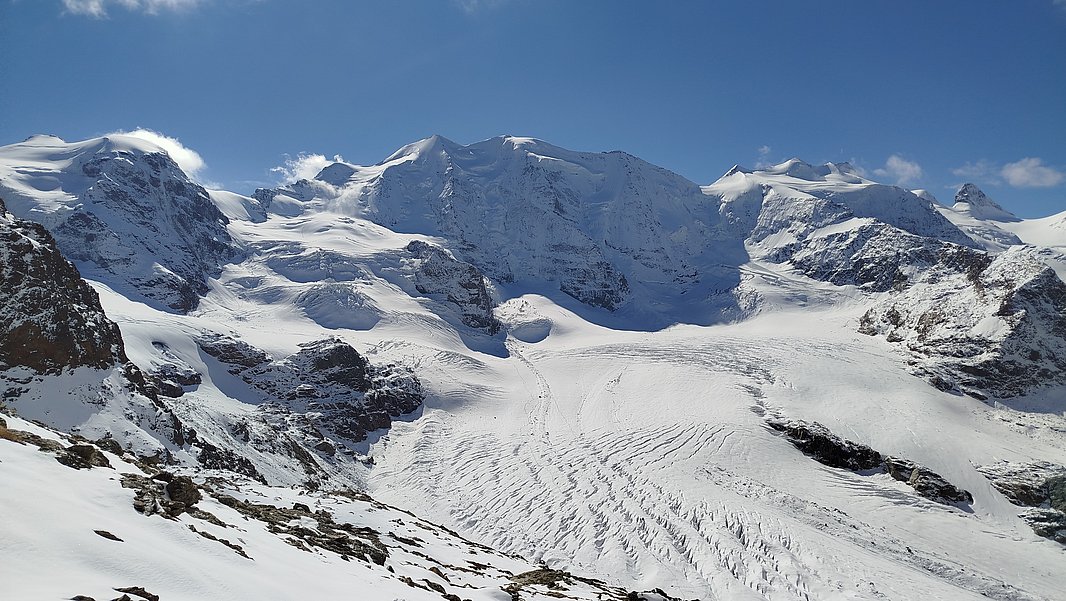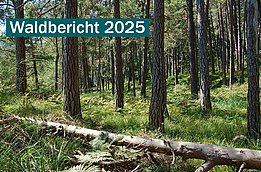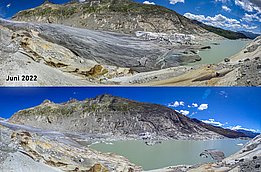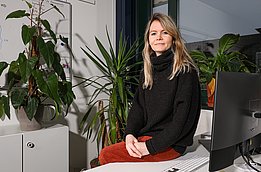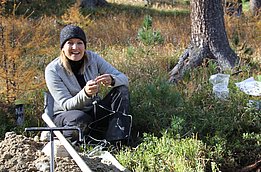Dry weather and low humidity are the main drivers of forest fires, with temperature playing a minor role.
read moreProgramme ends: researchers reveal how climate change is altering natural hazards in the Alps – and where action is now required.
read moreUsing radar data, researchers estimate that around 100 trillion insects fly in the air above the USA every day.
read moreAn international research team shows that avalanches contribute significantly to the health of many glaciers.
read more
